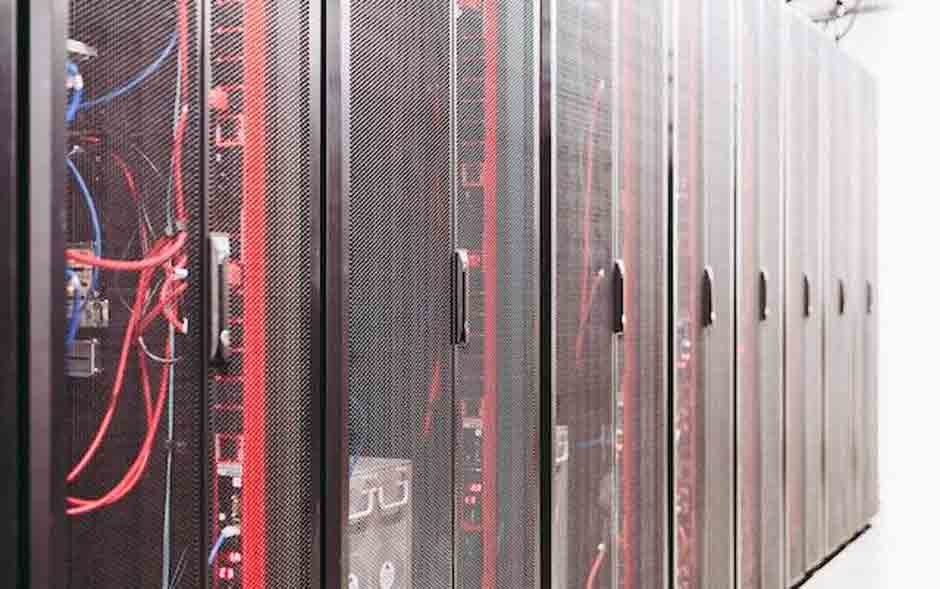5 Important Specifications to Look For in Data Servers

Any modern organization that works with data needs to have data servers. They manage, distribute, and store data for various organizational systems and applications. Look for specific features in a data server to be sure it will work for your company. The most crucial requirements for data servers will be covered in this article.
What You Need To Look For In Data Servers
1. Processor Speed
Considerations for a data server’s processing power are essential, and it establishes how rapidly the server can process requests and carry out orders. When assessing processing power, it is crucial to consider the kind of processor, the number of cores, the clock speed, and the cache capacity.
2. Recall
Another crucial feature to look for in data servers is memory. It establishes how much information the server can keep in temporary storage for easy access. While assessing memory, it’s essential to take the memory type, capacity, and speed into account.
3. Storage
The most important parameter to consider in a data server is storage, which establishes the data volume the server can keep on hand for future usage. Look into options that may fit your needs such as a Dell r640.
4. Access to a network
Consideration of network connectivity is an essential requirement for data servers, and it establishes the server’s capacity for interaction with various systems and equipment used by an organization. While assessing network connectivity, it’s important to consider the network interface’s kind, speed, and bandwidth.
5. Duplication
Redundancy is a crucial characteristic for data servers to consider, and it guarantees that the server can continue to run even in the event of hardware failure. Redundant power supply, fans, and network interfaces are just a few ways to accomplish redundancy.
Why Is Management An Important Factor To Consider For Data Servers?
Data servers must be managed effectively for business-critical data to be reliable, secure, and efficient. These are some explanations of why managing data servers is crucial:
Protection of Data
Sensitive data, including consumer, financial, and private company data, is stored on data servers. Implementing security measures, including firewalls, encryption, and access restrictions, is essential to efficiently manage data servers to prevent unwanted access and data breaches.
Performance of the System
For data servers to operate at their best, effective administration is required, which includes monitoring the server logs through a Syslog server monitoring tool. This entails routinely maintaining, watching over, and improving hardware and software components. A data server that needs to be correctly managed might result in sluggish performance, downtime, and lost productivity.
Recovering from disaster
Effective data server administration must include disaster recovery planning. It entails putting backup and recovery solutions into place, testing them frequently, and developing a plan for recovering data and systems in an emergency. Businesses run the risk of losing crucial data and techniques in the case of a disaster without a disaster recovery plan.
Other Features Of Data Servers
Compatibility
Another crucial parameter to take into account in data servers is compatibility. It establishes the server’s compatibility with other organizational hardware and applications. Support with various operating systems, applications, and protocols are among the compatibility characteristics to look for in data servers.
Energy Efficiency
Considering energy efficiency is an essential requirement for data servers, and it establishes the server’s power usage, environmental impact, and energy cost. Low power usage, power control, and effective cooling are data server energy efficiency qualities to look for.
Warranty and Support
These features ensure that the server is protected against flaws and malfunctions and that the maker offers sufficient support and assistance when required. Looking for data servers with a warranty and service tailored to your company’s requirements is critical.
Conformity
Compliance is a crucial criterion to consider when choosing data servers, particularly for firms that deal with sensitive data or operate in highly regulated industries. It guarantees that the server complies with particular legal specifications and regulations, such as HIPAA, GDPR, or PCI DSS.
Conclusion
In conclusion, the process of determining which data server is best suited for your company might be involved and complex. However, you can ensure that the server satisfies your company’s requirements and delivers a dependable and effective performance if you consider the mentioned factors and the criteria. Businesses may assure the dependability and security of their data and systems and preserve a competitive edge in today’s digital landscape by prioritizing data server administration in their operations. Remember that you should also think about compliance and performance metrics to guarantee that the server satisfies all regulatory standards and delivers the best possible performance.



